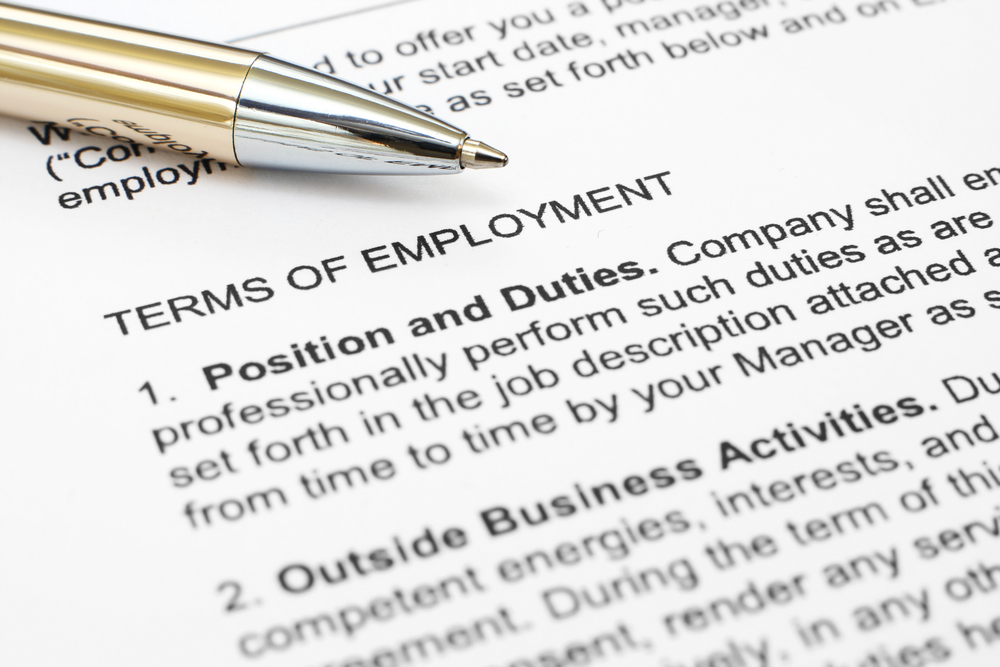It is Critical to Get All Employees and Contractors to Sign These Agreements
In this interview with Jennifer Rubin, Member, Employment, Labor & Benefits Practice at Mintz Levin, we discuss the importance of confidential information & proprietary inventions agreements with employees and contractors.
Jen focuses on C-suite executive compensation practices, and on meeting the increasingly complex employment needs of executives of public and private corporations. When she isn’t negotiating employment, equity and severance arrangements, Jen leverages her twenty-five years of experience as a trial lawyer to help clients craft business solutions to legal problems. Jen, who has an AV Preeminent ranking from Martindale-Hubbell, which publishes a highly respected Law Directory, that provides background information on United States lawyers and law firms.
She is also a member of the Board of Directors of Big Brothers Big Sisters of San Diego County and is a faculty member and advisor to The Honor Foundation, a non-profit organization that assists Navy Seals and other armed services special operators transition from military service to the private sector. Jen is frequently quoted in the Wall Street Journal and other publications.
According to Jen Rubin:
“It’s important when you bring someone into your organization and they’re going to be exposed to your confidential information and trade secrets that you protect that, both while they’re employed and after they’re employed. The proprietary information relates to confidential information. It might relate to trade secrets. It’s important that it’s clear to the employee what’s yours as the employer and what they can and cannot use with respect to that information. Inventions is slightly different. You’ve been in an engineering company. The important issue there is that, if someone is working on your invention, you want to make it clear that it’s the employer or the organization that owns the rights to that invention. That’s where those agreements become very important. You want to make clear, “You’re coming into my organization. I’m paying you to work on my product, invention or development. I own that. After you leave employment, there’s no issue or ambiguity about who has the rights to that invention.”
This is Patrick Henry, CEO of QuestFusion, with The Real Deal…What Matters.
